
The research portfolio director at the Muscular Dystrophy Association discussed how ongoing advances in ALS research may inform therapeutic development approaches.

The research portfolio director at the Muscular Dystrophy Association discussed how ongoing advances in ALS research may inform therapeutic development approaches.
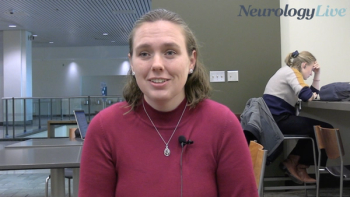
The genetic counselor at Johns Hopkins Hospital spoke on how cardiac genetics clinics are adopting alternative care models to broaden access to genetic testing and counseling.
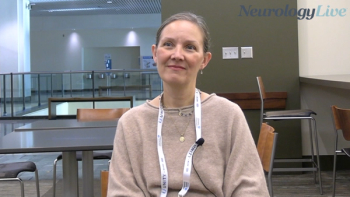
The research director at the Clinic for Special Children discussed how screening at-risk patients can speed up diagnosis and treatment of spinal muscular atrophy.
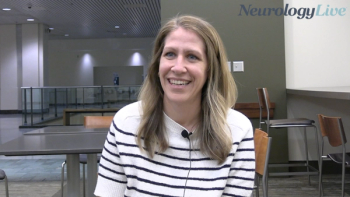
The genetic counselor in the Department of Ophthalmology at the University of Pittsburgh Medical Center discussed the growing role of genetic counselors in guiding patients undergoing gene therapy.

James Beck, PhD, chief scientific officer of the Parkinson’s Foundation, discussed the foundation’s efforts to integrate whole genome sequencing into PD GENEration and expand access across diverse global populations.
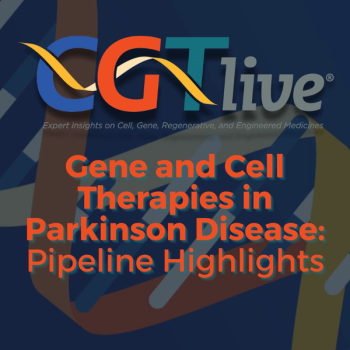
Emerging gene and cell therapies aim to slow Parkinson disease progression. Explore clinical updates on seven promising candidates in development.

In pooled data from 156 patients, there were no deaths or study discontinuations.

Patients treated at Dose 2 in the dose-escalation phase of Part 1 of the study showed a persistent 68% reduction in CK levels over 2 years.

R. Nolan Townsend, Sandi See Tai, MD, and Kim G. Johnson, MD, discussed Lexeo Therapeutics’ LX1001 gene therapy trial that demonstrated promising safety and biomarker effects in patients with early-stage Alzheimer disease.
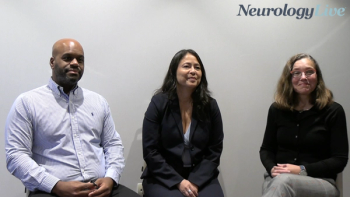
The 3 experts discussed Lexeo Therapeutics’ LX1001 gene therapy trial that demonstrated promising safety and biomarker effects in patients with early-stage Alzheimer disease.

The chief research officer of the Muscular Dystrophy Association discussed the upcoming MDA Clinical and Scientific Conference, which will be held March 16-19, in Dallas, Texas.

Biogen plans to submit for regulatory approval for a higher dose based on the positive topline data from the phase 2/3 DEVOTE study (NCT04089566).
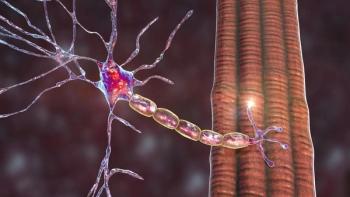
In honor of World Duchenne Awareness Day, held September 7, several experts have provided their insights on the real-world experience of gene therapy’s use in Duchenne muscular dystrophy.
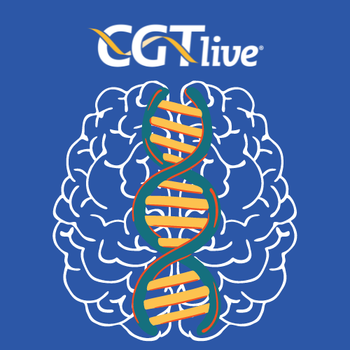
According to recent studies and the latest insights provided by experts, early developments in gene and cell therapies show promise for patients living with Parkinson disease, but challenges remain.

Among 15 tested patients, who received at least 2 IT injections of the MSC therapy, improvements of between 5% and 18% in 25 feet walking were observed.

TSHA-102 has previously received orphan drug and rare pediatric disease designations from the agency and is being investigated in the REVEAL phase 1/2 trial (NCT05606614).

It was previously announced that CT103A received FDA clearance of its investigational new drug application for the treatment of relapsed/refractory (r/r) multiple myeloma.
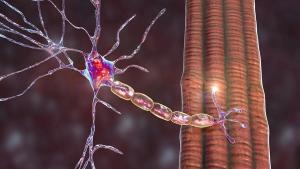
Published: September 7th 2024 | Updated:

Published: January 18th 2023 | Updated:

Published: October 24th 2024 | Updated: